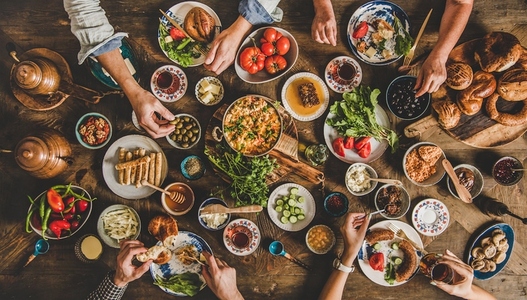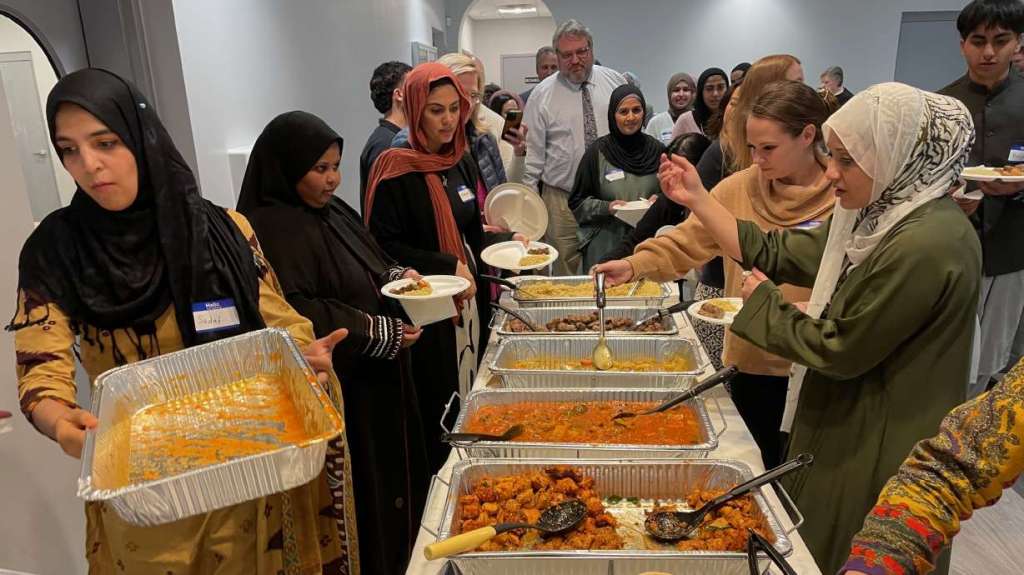Centuries-old misconceptions compel Western Christians to ignore the plight of Palestinian Christians and Muslims.

On February 21, it was announced that the Archbishop of Canterbury Justin Welby refused to meet with Munther Isaac, a Palestinian Lutheran pastor, after Isaac had appeared at a pro-Palestine rally with former UK Labour leader Jeremy Corbyn. Isaac, whose Christmas Eve sermon went viral for its condemnation of the Israeli assault on Gaza and concomitant Western Christian silence, has repeatedly called for ecumenical peace amid Palestinian suffering.
A week later, Welby apologised and agreed to meet with Isaac. But in his apology X post, the archbishop stated it was wrong to shun Isaac “at this time of profound suffering for our Palestinian Christian brothers and sisters”, making no mention of the equal suffering of Palestinian Muslims, with whom Isaac has repeatedly stood in solidarity.
Today, as Catholics and Protestants celebrate Easter, Palestinians of these denominations are barred from visiting their holy places in Jerusalem. Neither the Church of England nor other Western churches have denounced these restrictions on free worship by the Israeli government.
Welby’s refusal to meet Isaac and the continuing silence of Western churches on Israeli crimes perpetrated against Palestinian Christians and Muslims are just further reminders that, for Arab Christians, their place in the West remains tenuous because of Orientalist and Islamophobic views of the Arab world.
Rarely allowed to speak for themselves, Arab Christians are either depicted in the West as hapless victims whose numbers continue to dwindle because of “Islamic fundamentalism” or as heretical Christians whose faith is marked by its cultural proximity to Islam. Driving this is an Orientalist gaze that sees the Arab world as barbaric and uncivilised, with only Western civilising missions and the state of Israel serving as a bulwark against its “terror”.
Ignored in turn are the experiences and perspectives of Arab Christians who lived alongside their Arab Jewish and Arab Muslim neighbours in relative peace and security from the seventh century to the latter period of the Ottoman Empire and the onset of Western imperialism.








